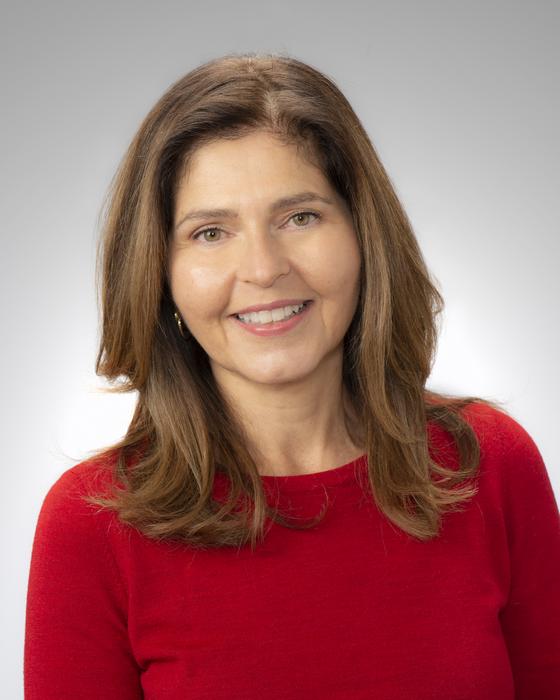Women diagnosed with breast cancer who had regular screening mammograms every year were less likely to have late-stage cancer and had higher overall survival than those who received screening every other year or less often, according to new research from the University of Pittsburgh and UPMC published in the Journal of Clinical Oncology.
Women diagnosed with breast cancer who had regular screening mammograms every year were less likely to have late-stage cancer and had higher overall survival than those who received screening every other year or less often, according to new research from the University of Pittsburgh and UPMC published in the Journal of Clinical Oncology.
“Only about 65% of women over age 40 are screened for breast cancer, and only about half of those women are getting annual screening — in part because of conflicting guidelines about recommended screening intervals,” said lead author Margarita Zuley, M.D., professor and chief of the Division of Breast Imaging in the Department of Radiology at Pitt and UPMC. “Our study shows that there is a significant benefit for annual screening over biennial screening, including in premenopausal women.”
While many clinical trials have demonstrated the benefits of mammography screening for breast cancer, guidelines differ on how often women should be screened. The American College of Radiology and several other organizations advise annual screening after age 40, whereas the U.S. Preventive Services Task Force recommends biennial screening from age 40.
Because the U.S. does not have a national breast cancer registry, Zuley and her team recently developed a large institutional database to better understand real-world outcomes for breast cancer patients.
To gain more evidence on optimal mammography screening intervals, the researchers used this database to compare 8,145 breast cancer patients who had at least one mammogram on record prior to diagnosis. The screening interval was considered annual if the time between mammograms was less than 15 months, biennial if between 15 and 27 months, and intermittent if greater than 27 months.
The percentage of late-stage cancers — TNM stage IIB or worse — was 9%, 14% and 19% for annual, biennial and intermittent screening groups, respectively. Biennial and intermittent groups had substantially worse overall survival than the annual group.
“The percentage of late-stage cancers increased significantly with increased screening intervals,” said Zuley. “Annual mammograms are crucial for early detection of breast cancer, which increases the likelihood of survival, decreases harms to patients because treatment may not need to be as intense, makes recovery easier and can lower the cost of care.”
One concern with more frequent mammograms is the increased risk of false positives, leading to unnecessary biopsies and anxiety.
“We recognize that there are potential harms associated with calling women back for additional screening, but I don’t think that these harms outweigh the risk of missing cancers and women dying as a result,” said Zuley. “We’re also working on testing screening tools that have lower false positives than mammography and pushing on every front to identify the most cost-effective and accurate way of taking care of our patients.”
Other authors on the study were Andriy Bandos, Ph.D., Durwin Logue, Rohit Bhargava, M.D., Priscilla McAuliffe, M.D., Ph.D., Adam Brufsky, M.D., Ph.D., and Robert M. Nishikawa, Ph.D., all of Pitt and UPMC; and Stephen Duffy, Ph.D., of Queen Mary University of London.
This research was supported in part by the National Cancer Institute (P30CA047904).
Journal
Journal of Clinical Oncology
DOI
10.1200/JCO.24.00285
Article Title
Breast Cancer Screening Interval: Effect on Rate of Late-Stage Disease at Diagnosis and Overall Survival
Article Publication Date
21-Aug-2024





